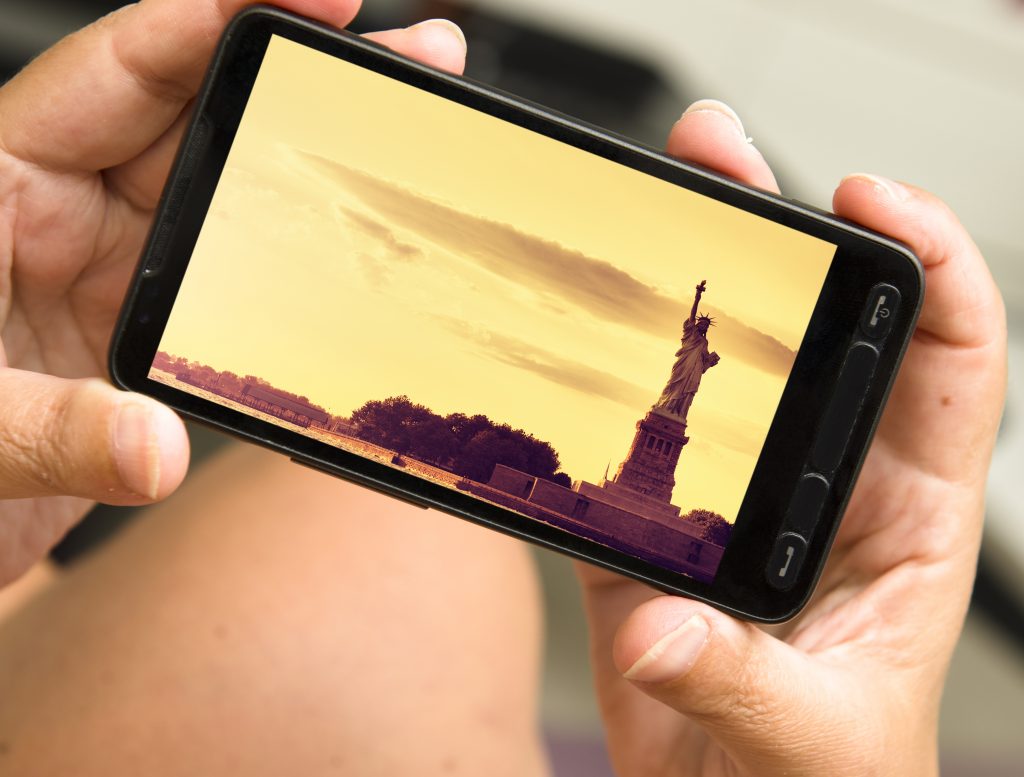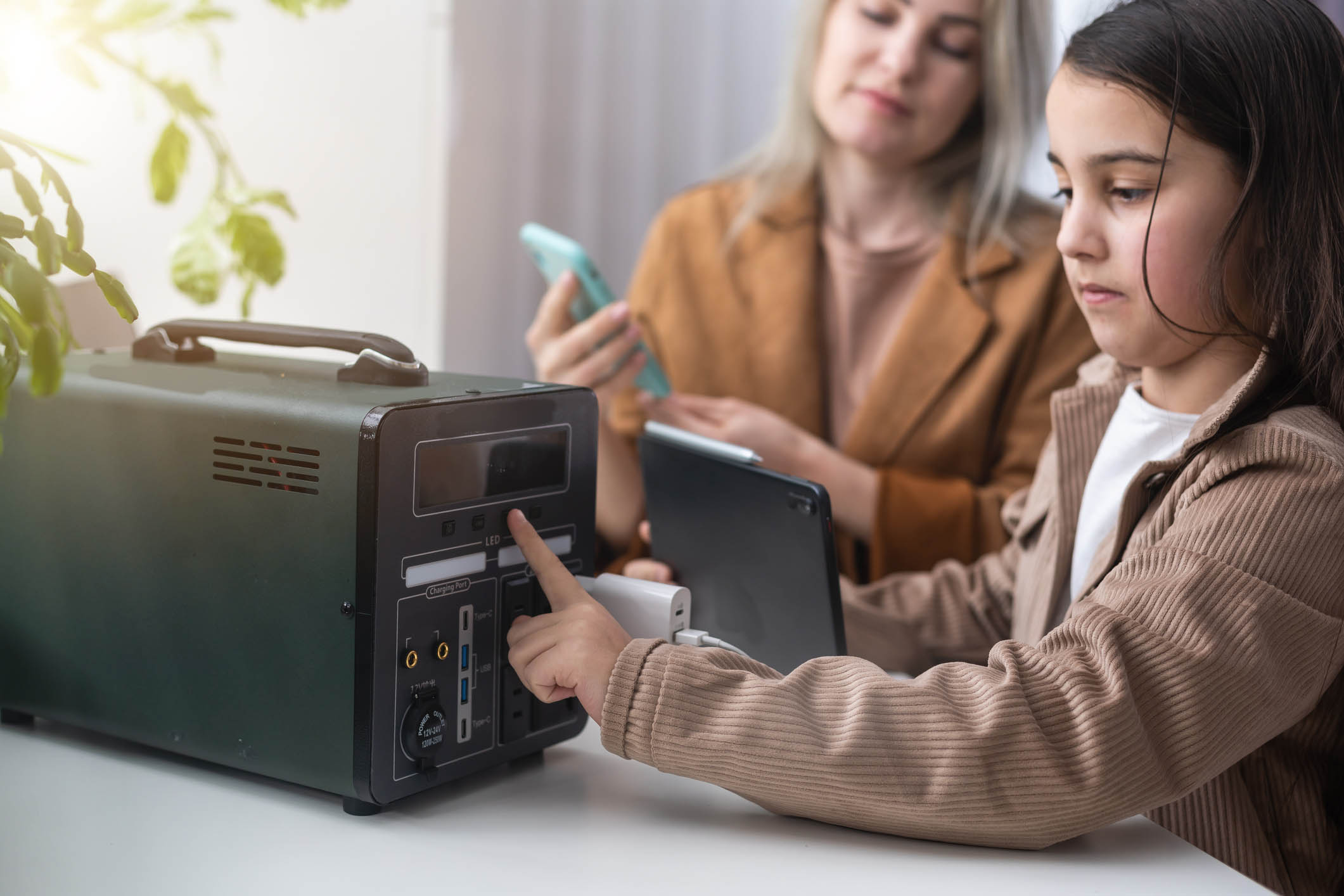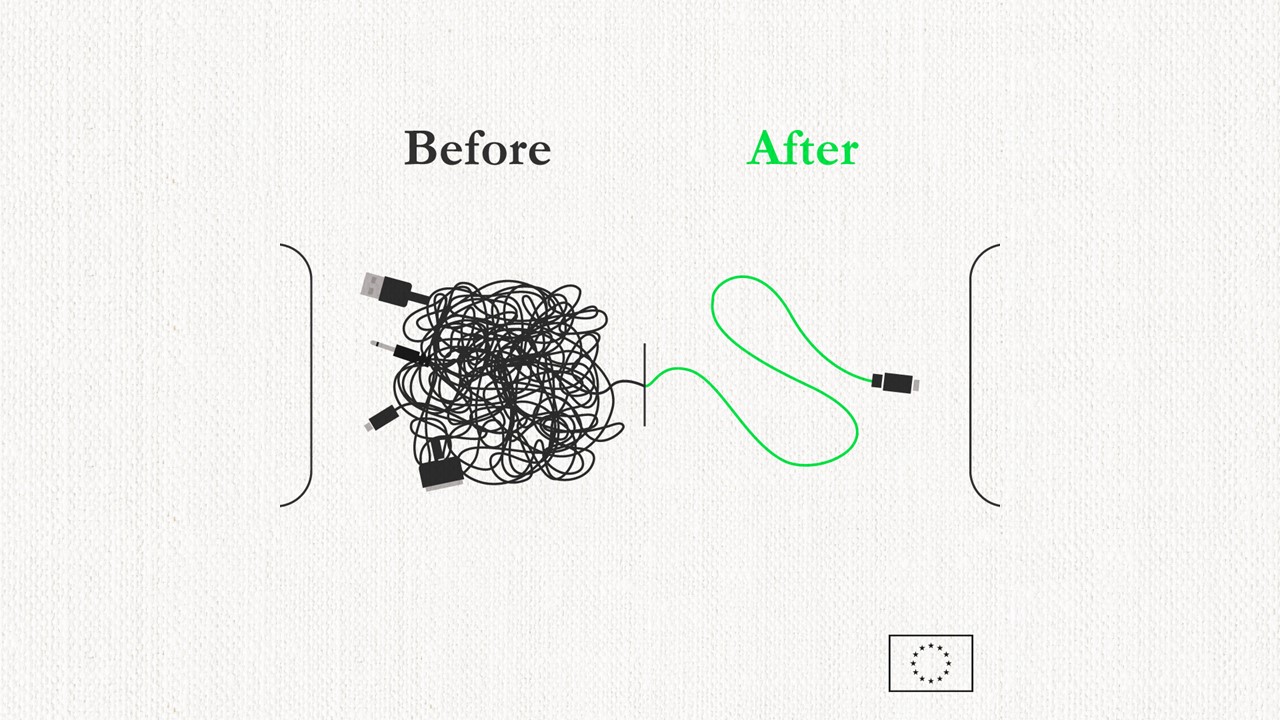
It can be significantly more expensive to use your mobile phone outside the EU. However, you can minimise your costs by choosing the best options before you leave home.
Roaming costs vary for different countries. Before you travel, check the roaming costs for the country you are visiting with your mobile provider. These rates can be expensive, but you can reduce costs by making only essential calls and using data (for example social media and the internet) in free Wi-Fi zones.
Ask your mobile provider at home which mobile network will give you the cheapest roaming rates in each country outside the EU that you are visiting. You can then manually choose this one when your phone gives you a list of available networks.
What alerts can I expect to receive when roaming outside the EU?
If you travel outside the EU you should receive a ‘data usage alert’ on your phone while travelling. However, sometimes your home mobile provider cannot send this alert to the country you are visiting. In these circumstances, you should receive a text message advising you that the data usage alert cannot be sent while you are roaming in that country. You should be careful to manage how you use your phone as you will be responsible for the resulting bill.
When your mobile provider can send you an alert, you can expect to receive two text messages:
| Text 1 | Message telling you when you have spent €49.20 – 80% of €61.50 (including VAT) |
| Text 2 | Message telling you when you have spent €61.50 (including VAT) |
Once you have received the alerts at 80% and 100% of this limit, you must opt-in to continue using data services.
| WARNING |
| You should be aware that there may be a time delay before you receive the data usage alert. So you may have already spent €61.50 before you receive the alert. Your mobile provider does not have to continue to alert you about how much you are spending. Also, be aware that these alerts relate to data usage only and do not include any other roaming usage such as calls or text messages. |
How else can I manage my roaming costs?
Some mobile providers offer roaming packages that are tailored for travel outside the EU. They are usually charged on a per-day basis and provide a set allowance for calls, texts and data services. Contact your mobile provider to discuss the best available roaming options.
Alternatively, you might consider buying and using a local phone SIM card when you arrive at your destination. You can only do this if your phone is unlocked and you can only unlock your phone if you own it outright or if you are out of contract. You can get your unlock code by contacting your mobile provider. You should do this at least a month before you travel as this process takes time.
When you replace your at-home SIM card with this local one, it means you are paying local rates as opposed to roaming rates.
Next week’s consumer news item
In next week’s consumer news item we will continue our roaming advice series and provide you with some useful information on inadvertent roaming.






